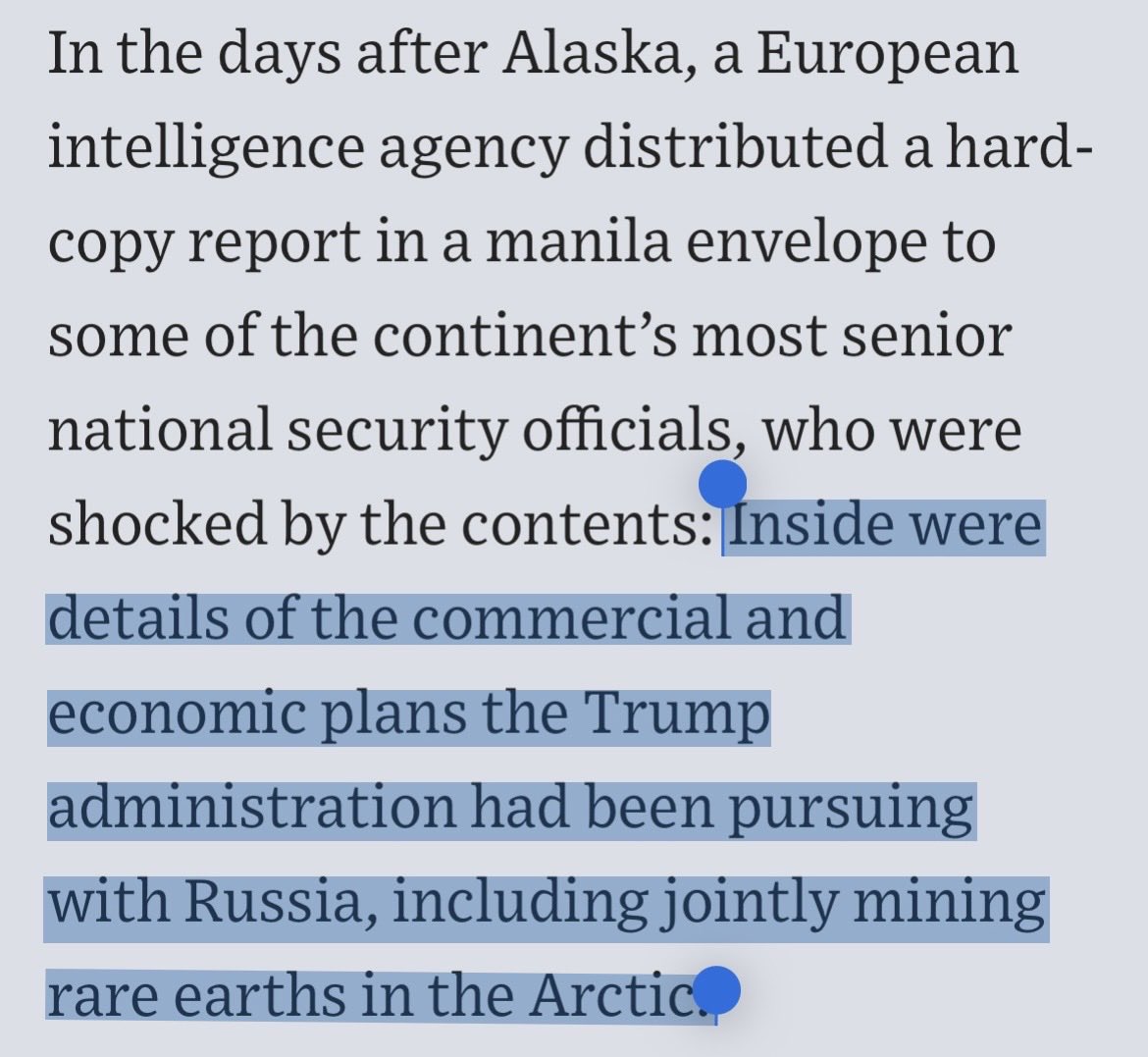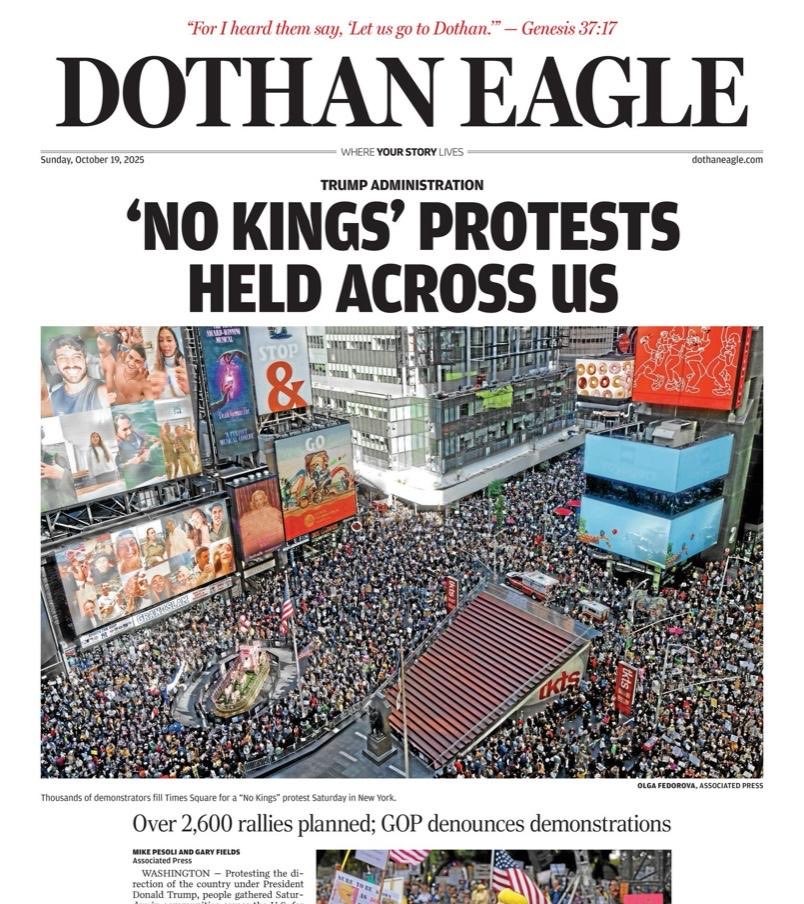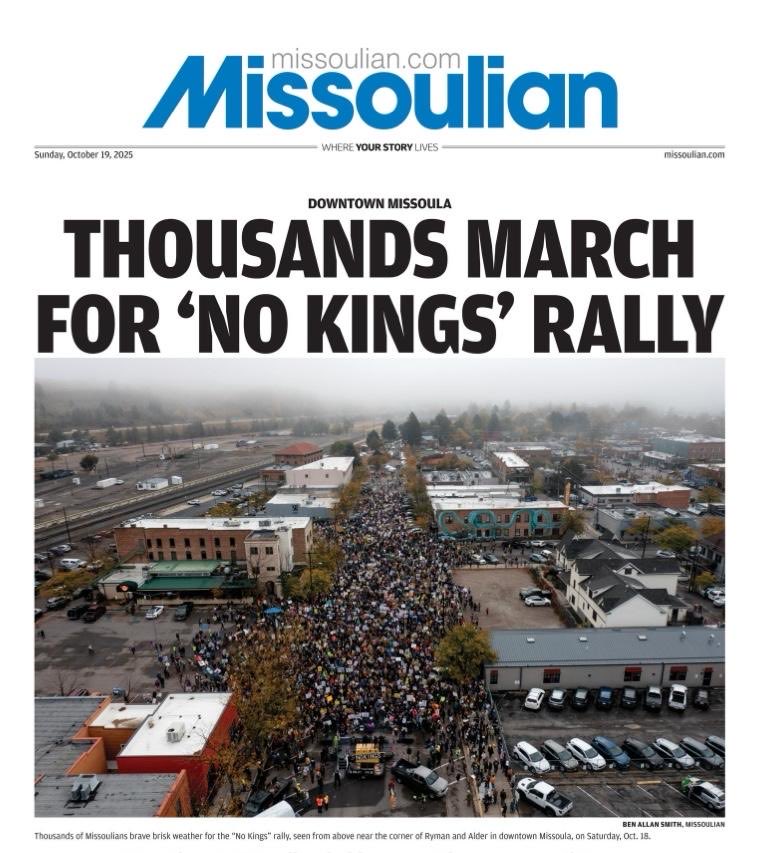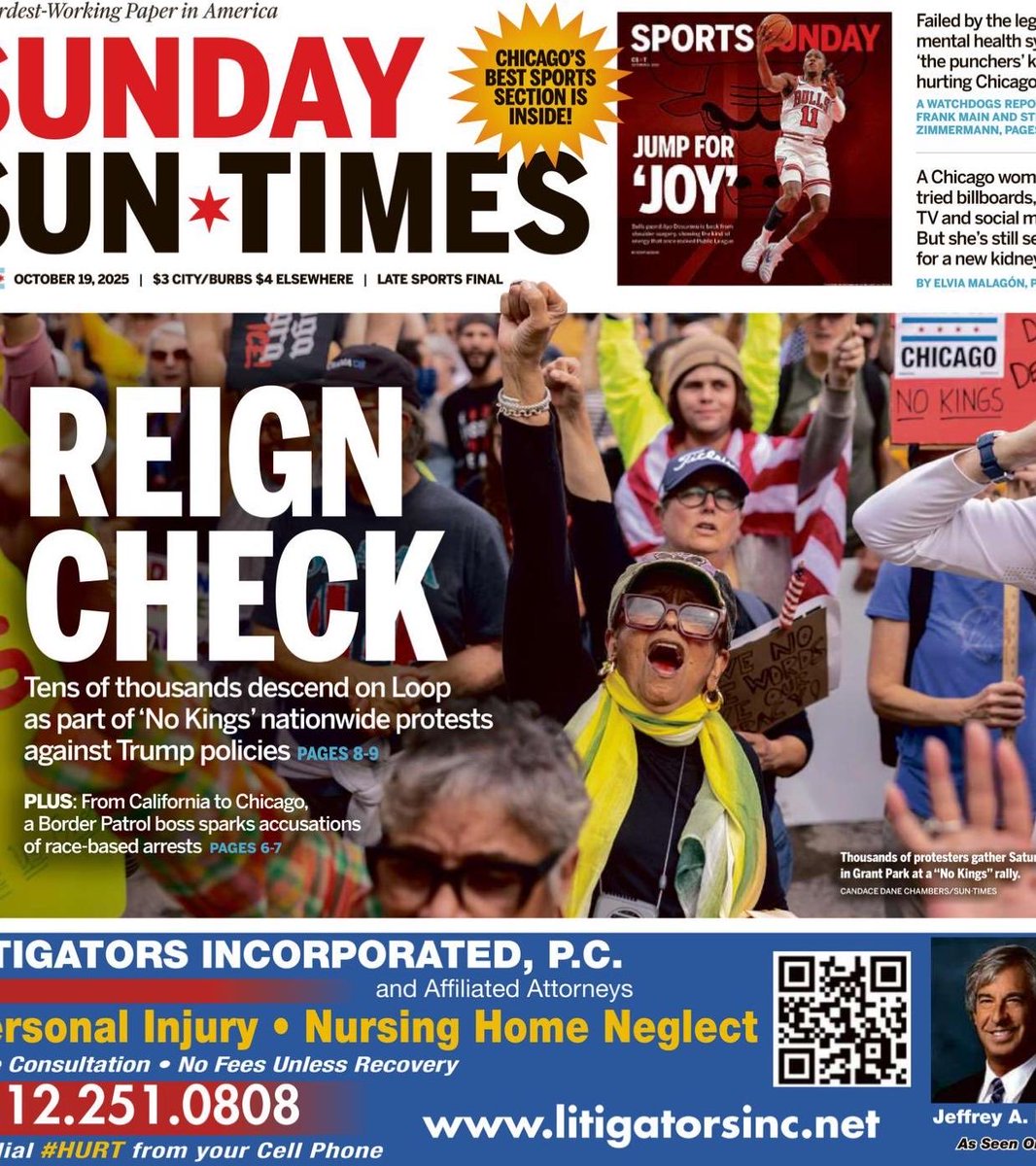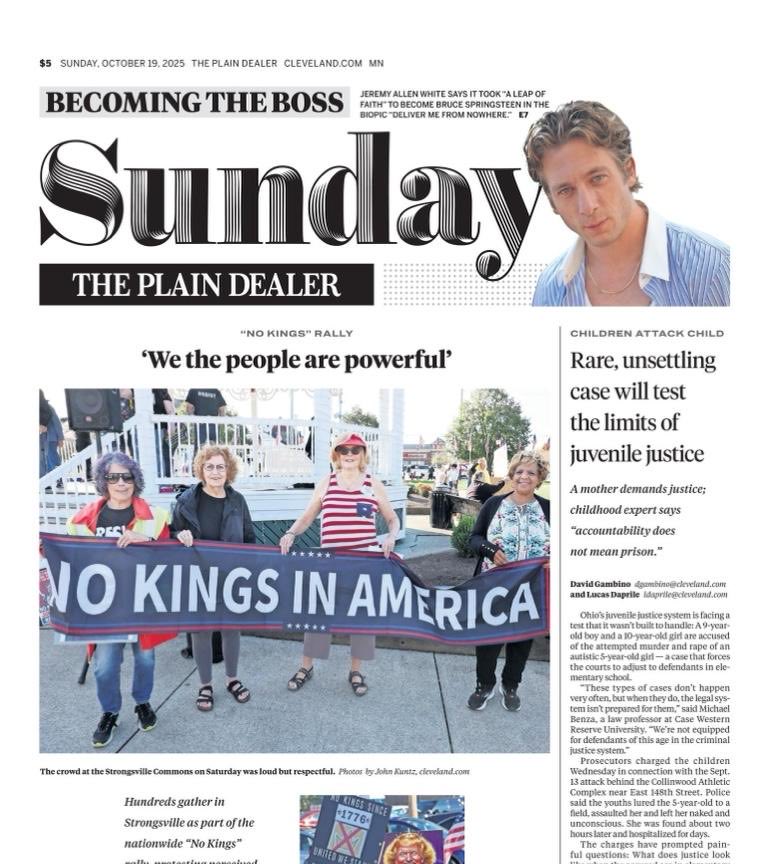wow. an amazing 325 page google strategy document quietly unsealed buried in google antitrust docket. It's gonna take a long thread but I have pulled out the gems. It's from 2017 planning, no doubt Google will just say these were only ideas but many will look very familiar. /1 

For more than a decade, Google has been shifting revenue away from rest of the web to its own properties where it doesn't have to share any of it (I share a chart every earnings backing this up). But here it is spelled out by their own employees as the intentional strategy. /2 

In a sea of project code names, "Narnia 2.0" is all over this document. The great Julia Angwin reported late in 2016 on how Google changed its policy merging users' anonymous browsing with PII and search activity creating a single profile/cookie. Now read the yellow highlight. /3 

Google pitched it as simplifying privacy settings enabling a single opt-out interface for users. Now note these docs suggest real goal was to be tracking 1B users by 2017 at <20% opt-out rate.
It was their goal to convert users to tracking (which most Google users don't want). /4
It was their goal to convert users to tracking (which most Google users don't want). /4

People too often think Google's analytics and network ad biz are just bolt-on, small businesses. Not the case, the goal was to create essentially a walled garden of the entire web with persistent PII and tracking across our entire lives. "Our New Network" as they stated here. /5 

Project Narnia2 allowed for a single look across web and G properties. "LTV" came up in the search lawsuit they just lost as allowing to manipulate auctions by not solely using bid price. Here it appears this allowed them to shift revenue to gmail where they keep 100%. /6 

Where Google may argue they are the caretaker of the open web, that’s a lie. It’s been evident over the years they dominate discovery, design, data collection and monetization in a way that they can make sure they rarely lose. User trust can't be bound by revenue neutrality. /7 

For the news orgs and journalists who have been working to find a sustainable business model supported by your audiences, you need to know Google in this strategy document puts subscriptions (eg FT, WSJ) under the heading of "Threats to the Open Web." /8 

Not only does Google look at subscriptions in the doc as a threat to them and the open web but they also see privacy as a competitive threat...to surveillance. "These actors can inhibit our ability...to use identity to improve the quality of ads, constraining our business." /9 

"Publishers may give us data..." is how Google describes its surveillance across a majority of webpages, mobile phones, locations, as you browse the web. When GDPR rolled out, Google famously gave no other options. They are data thiefs imho. /10 

Let's just say I am super interested in the "remaining 20% whitelisted" here. A reminder Facebook's whitelisting of partners while under consent decree was a part of why it ended up in a $5B settlement. /11 

We've done our own research on how users feel about Google tracking them across the web (see Chrome sync) and Android. Read the yellow closely and you tell me how you feel about this two-time monopolist surveillance capitalist you can't avoid. /12 

Ever wonder why agencies and major advertisers rarely cross Google? At adtech antitrust trial 9/9, expect major agencies and advertisers are chilled by Google. Why? They may get special data privileges from Google. eg here appears to be P&G, Omincom. x-device? /13 

On the adtech antitrust trial, google will try to drive a narrative that they can just jettison a part of their network ad stack but reality is, on top of the surveillance data we've noted, Google also notes the strategic advantages (eg blend higher quality inventory). /14 

I will be shocked if this isn't an exhibit during trial (if it's not then they just have too much evidence),
"solve operational efficiency...and capture a portion of the value as higher fees, improvising overall margins."
"only possible when you control both buy & sell sides" /15
"solve operational efficiency...and capture a portion of the value as higher fees, improvising overall margins."
"only possible when you control both buy & sell sides" /15

So this bit here will undermine Google's argument that owning the entire stack makes advertising much better. Google states very clearly despite its own ubiquitous role, "Advertising is failing consumers, failing publishers, and failing advertisers." /16 

They say the quiet part out loud again, "we've implemented few standards for ad experiences beyond spam and fraud detection..." One may ask whether that is because they make more margin by a web driven by microtargeting users without the lower margins of quality experiences. /17 

Unless they can leverage youtube to shift brand spend intentionally. Google had some bad news reports earlier in the year for running major brands across their network including some really toxic sites - some even sanctioned if I recall correctly. /18 

A couple fun ones. For the folks who recall CBA - claimed to be an industry-wide, organic effort to improve ad experiences as a response to ad blocking. It turns out it was a Google-originated project. I'm fairly certain this document pre-dates the pitch from Venable. /19 

For those who know Richard Gingras, who served as a front man to the news industry protecting Google for more than a decade. He also ran their free news site with no ads that aggregated the rest of the web. Apparently still "struggling to build a compelling property." /20 

DOJ had to laugh at this exhibit (it came over from the Texas AG lawsuit) as Google repeatedly tried to suggest "the marketing funnel" wasn't a thing any more in the search trial it just lost. Their own people describe it right here. So it must be a thing. /21 

On a last funny note, all the docs in this thread, just came out as Google tried to keep an expert witness out of the trial by arguing "open web display advertising" is not actually a thing. Unfortunately for them they use the term all over these documents! I know, comical. /22 

One other more recent 2020 document includes some interesting charts including this one again showing how Google dominates all sides of the market. /23 

They also were clearly concerned about two projects called "Swiss Knife" which they would actually go in and terminate publishers from their adsense network. That plus ITP (Apple's privacy protection) had caused a 6% revenue hit apparently. /24 

Here is a link to the 300+ page strategy document. The adtech geeks should enjoy it. /25 storage.courtlistener.com/recap/gov.usco…
A few other docs. Google's 2022 assessment of Apple's plans in its ads biz. In the comments, two years ago, it expects to essentially lose the basis of its lawsuit (buying off Apple for search traffic). They estimate this as 15% of APPL profits. /26 storage.courtlistener.com/recap/gov.usco…


Our Canadian friends may appreciate this 2021 document analyzing Google's programmatic business north of the border including the critical trojan horse of GA4 to enable user consent if privacy laws advance. /27 storage.courtlistener.com/recap/gov.usco…


Sort of fun to see Facebook working to scramble in a statement and send background information to the NYT to deal with rising news reporting on the "duopoly" and potential harms of their market power. Oops. /29 storage.courtlistener.com/recap/gov.usco…


January 2019 Display Highlights from inside of Google. These are the docs showing revenues, and profits, migrating to the O&O properties. This has been a trend for more than a decade. I don't believe it's anything but intentional. /30 storage.courtlistener.com/recap/gov.usco…


Now one for my European friends. A whole lot of interesting analysis and internal strategy discussion for display biz in here post-GDPR. /31 storage.courtlistener.com/recap/gov.usco…


Here is a link to the @JuliaAngwin report I referenced early on about merging PII with anonymous browsing which I am now fairly certain is the “Project Narnia 2.0” in the document. I expect this to come up at trial for sure. /32 propublica.org/article/google…
@JuliaAngwin over and out. hopefully this was useful in getting some of this info into public interest as we’re approaching Sept 9th where we’ll need to have as many independent adtech minds and journalists covering the details of the approaching $300B Twice Monopolist juggernaut. /33 /eof
• • •
Missing some Tweet in this thread? You can try to
force a refresh



